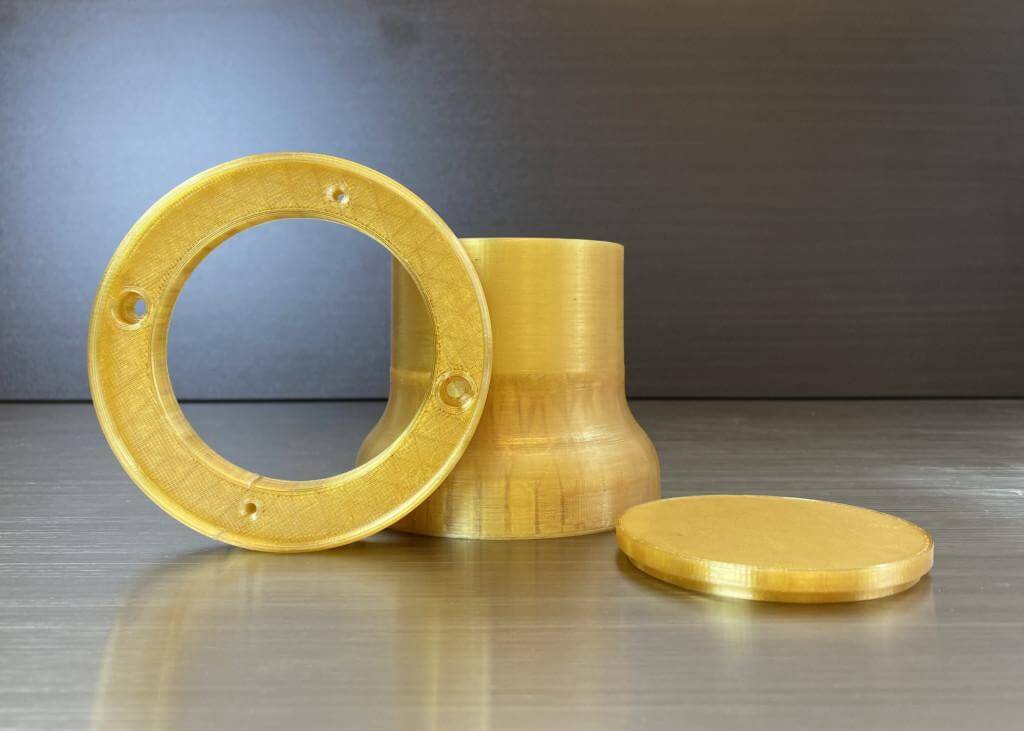Menu
close
Our/Vodka is a global company that produces vodka in micro-distilleries all around the world.
Their concept is to let their international partners add their own mark on the products by producing them locally. As the business progresses and expands with new products, new distilleries are needed. 3D printing has been very useful in modifying equipment in the company's different facilities.
At Our/Vodka's facilities, in addition to distillation, the handling of the brand's carefully designed glass bottles is carried out. The bottles must undergo a thorough rinsing before they are filled and sealed. Thoalfiqar Abbas works to establish and operate the micro-distilleries in the USA and got in touch with our partner, 3DVerkstan in 2018. Since then, 3DVerkstan Studios has collaborated with them, creating various 3D-printed solutions. As the product range at Our/Vodka continuously expands, it means that existing equipment and tools also need to be continuously updated.
- As we constantly change and launch new products, it usually requires that we must quickly and efficiently adapt our equipment to cope with, and streamline production. Our equipment was originally designed for one specific purpose. When we started reconfiguring our facility, 3D printing provided a flexible and relatively inexpensive solution, says Thoalfiqar.
What Thoalfiqar was most recently looking for were custom holders for one of their new product solutions. First, the bottles were scanned with a 3D scanner, to be able to model the parts according to shape and size. The design of the parts was then determined after extensive testing and revisions and then printed using the miniFactory Ultra.
For Our/Vodka, an important requirement for parts that are in contact with food, in addition to the design, is that the material the part is printed with, should be approved by the FDA (US Food and Drug Administration). The solution needs to improve efficiency and at the same time maintain the same high quality and standard. This is possible through 3D printing high-performance polymers. One of the requirements is that the material is “food grade”. Since the product comes in contact with the alcohol in the bottles, Kimya PEI1010 was chosen.

In addition to FDA approval, the material also needs to be extremely durable and have a high chemical resistance. PEI1010 is a food grade material that also has good heat resistance as well as great chemical resistance, both are aspects of the material that are needed for example for sterilization. In this case it was required as the parts must be sterilized before use. Even if the material is approved by FDA, the machine that prints the part is not. The parts are therefore treated in 96% ethanol before use.
3D printing is a great solution for a changing business. The finished parts are adaptable and able to hold bottles of different sizes. They are also designed to be mounted on existing equipment. In a business like Our/Vodka, which is constantly changing and developing, 3D printing provides a clear added value.
"*" indicates required fields